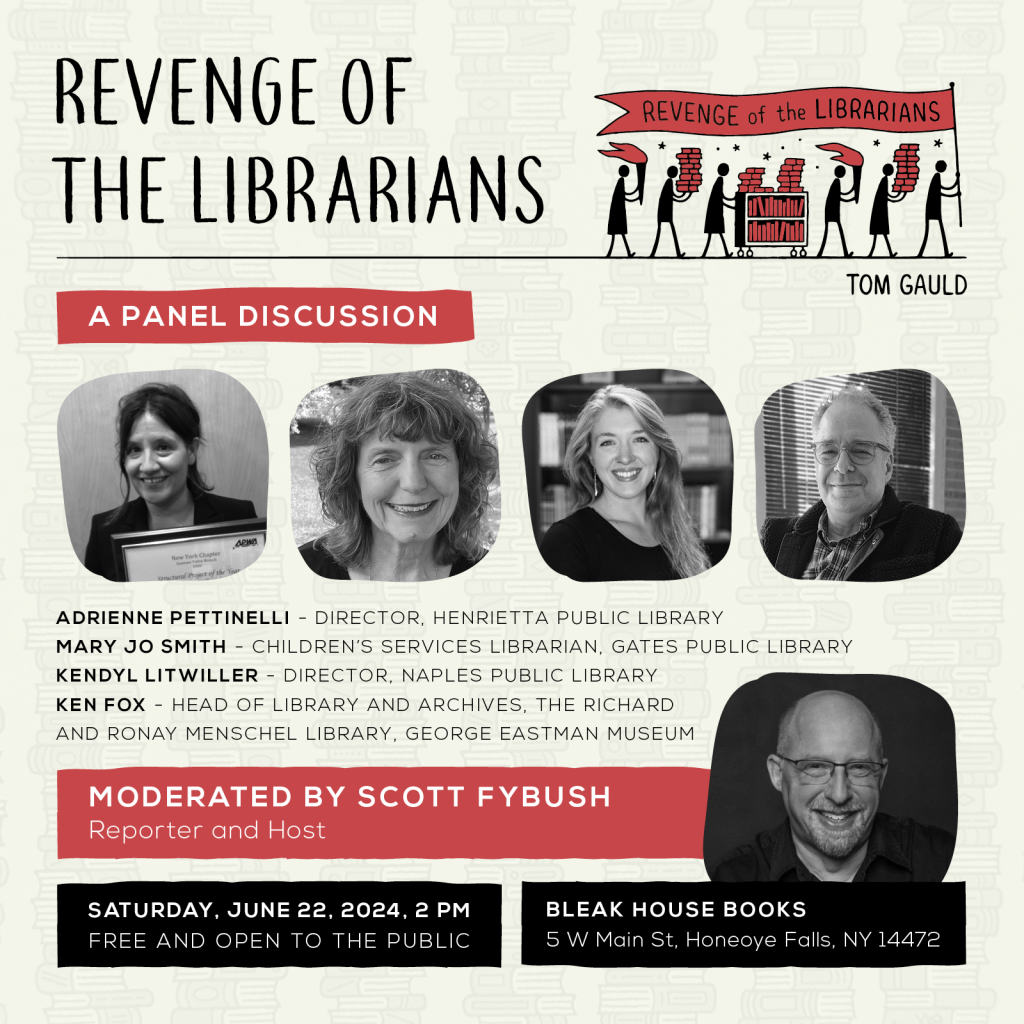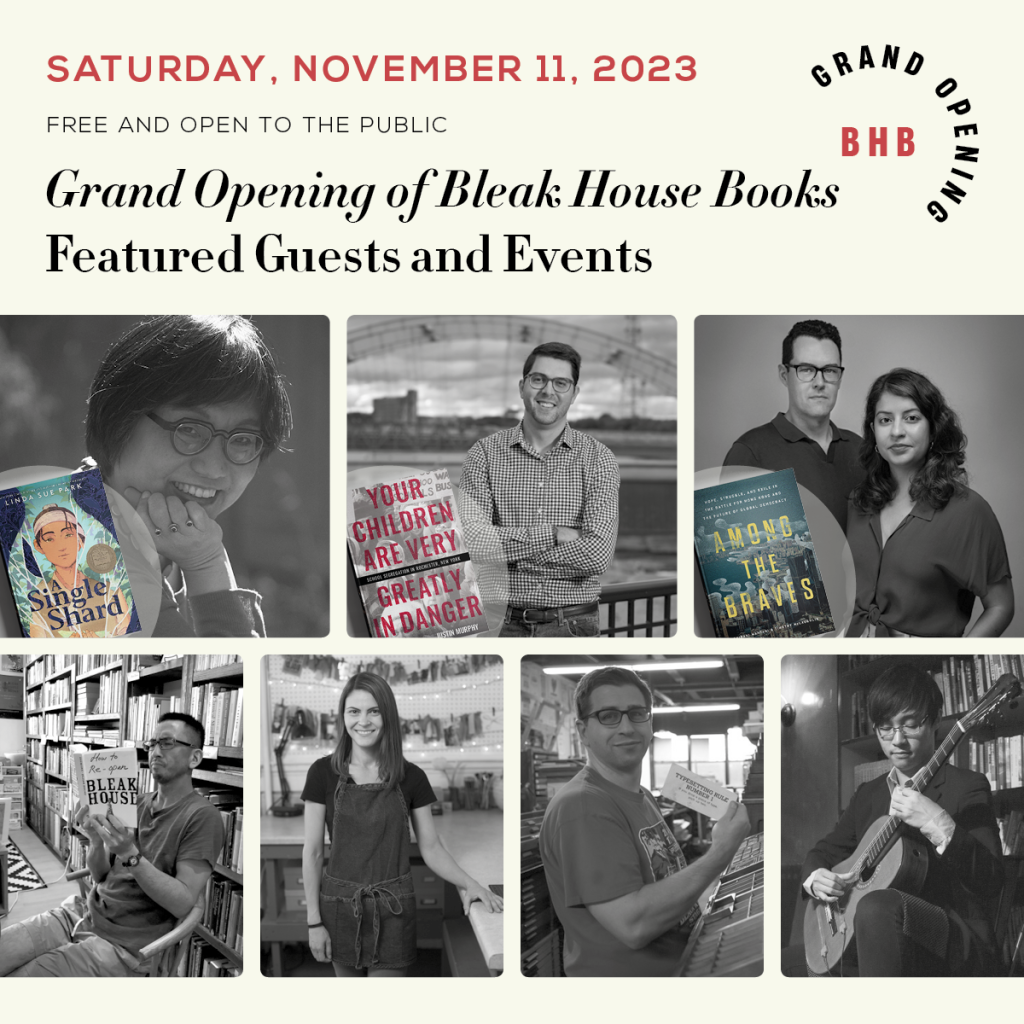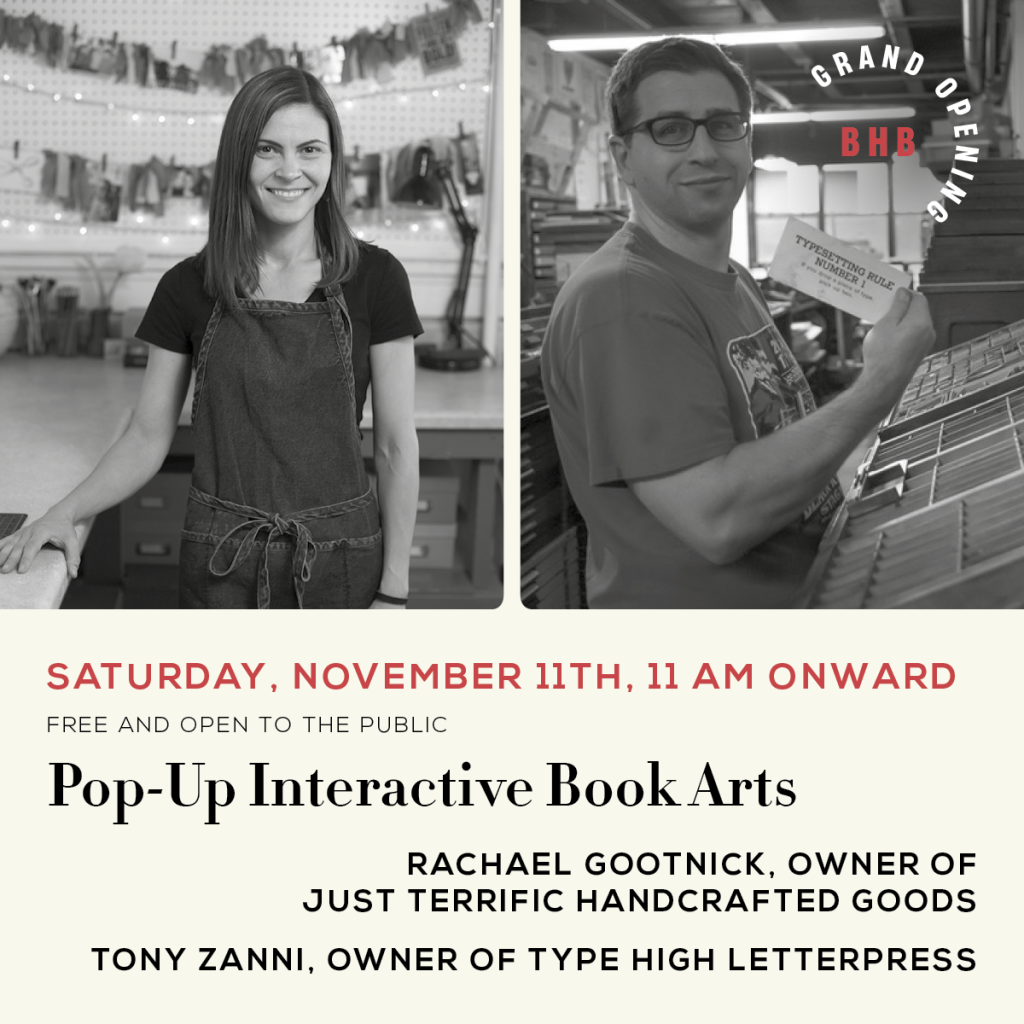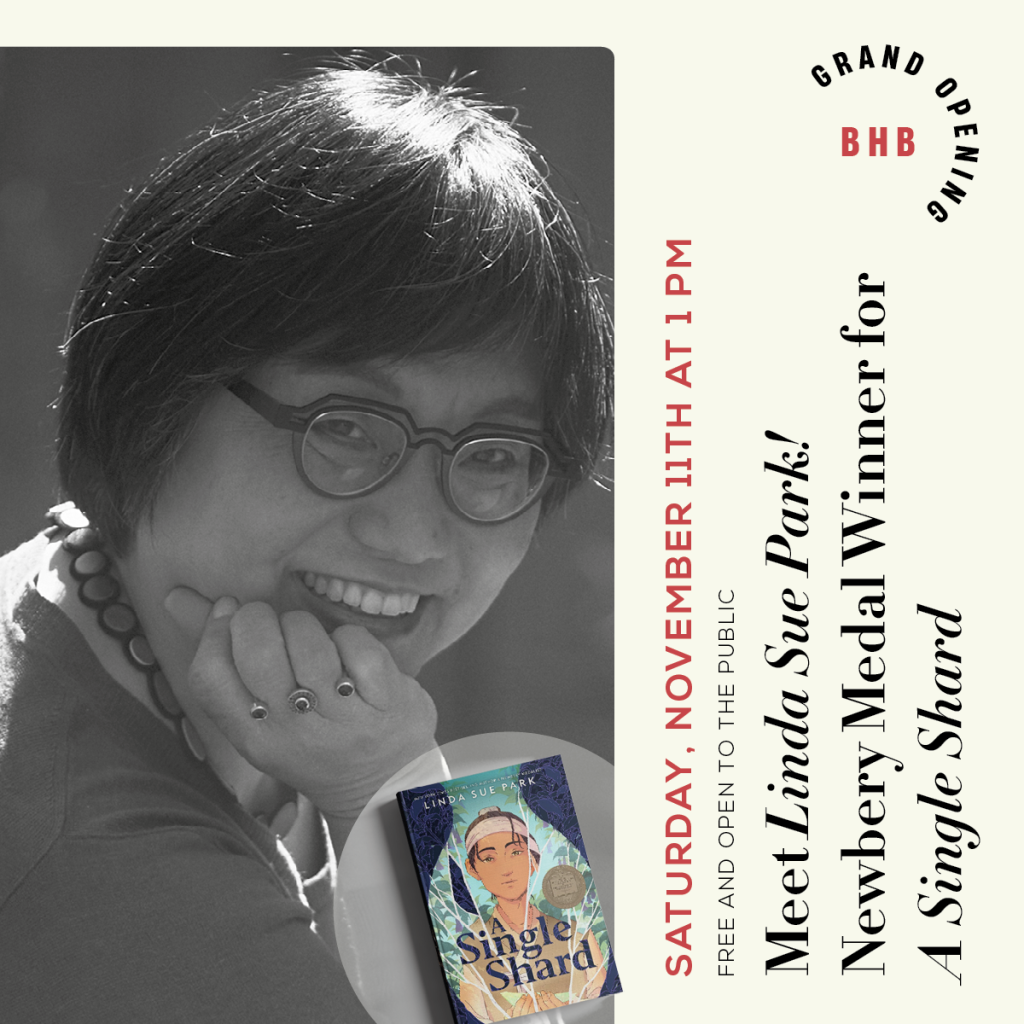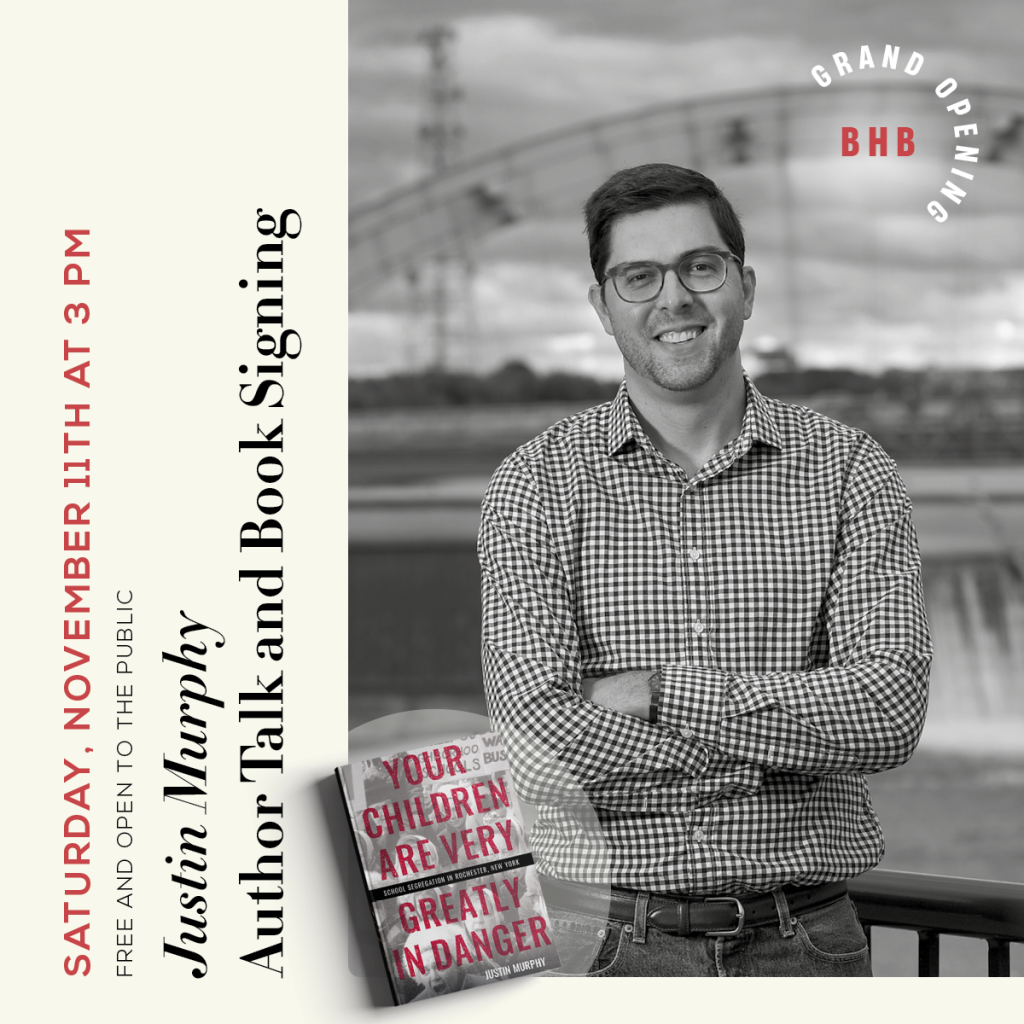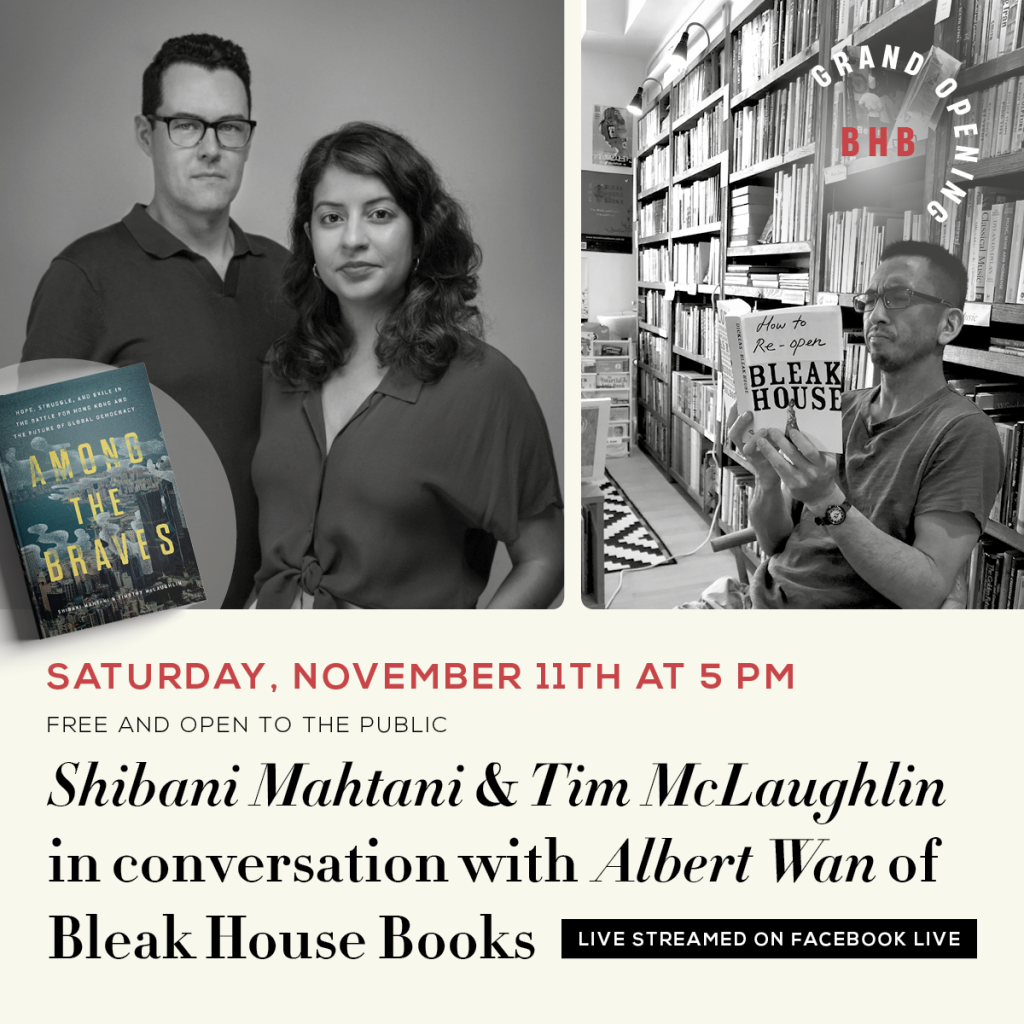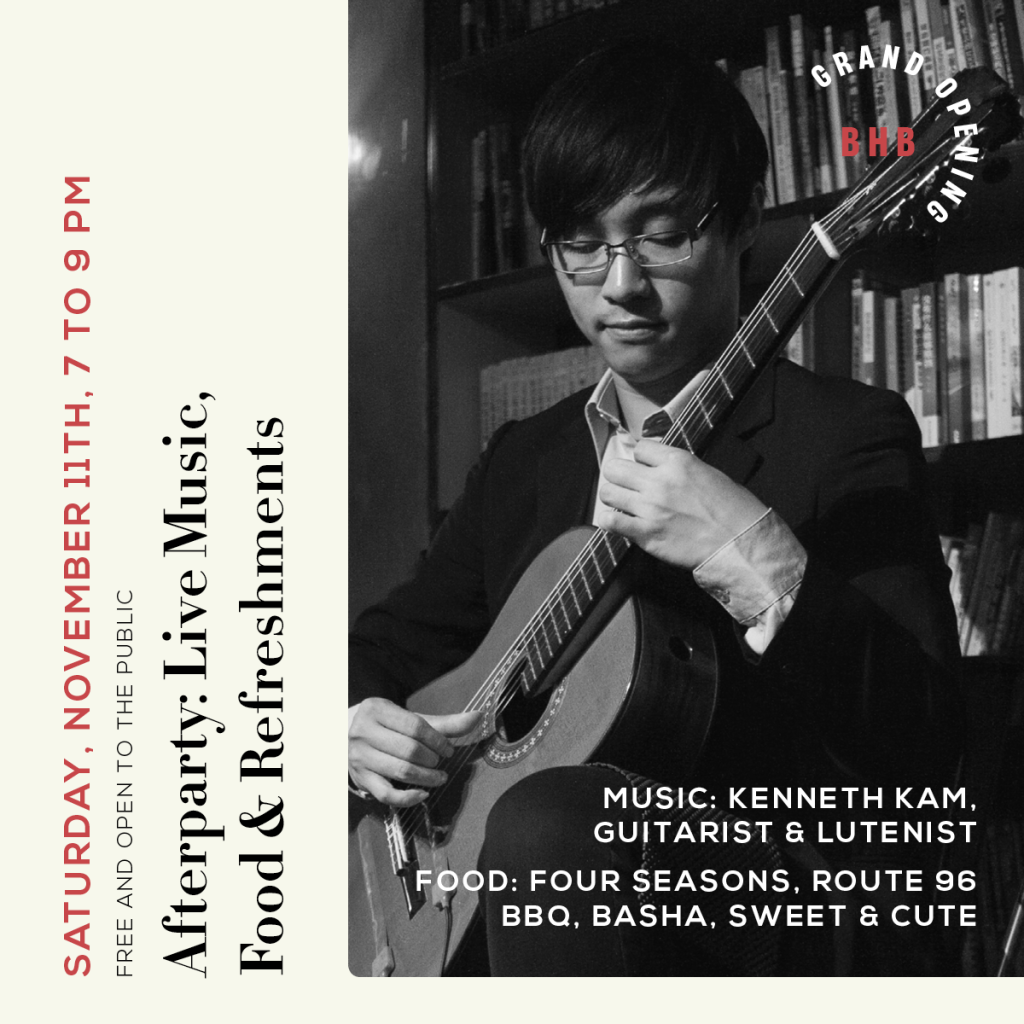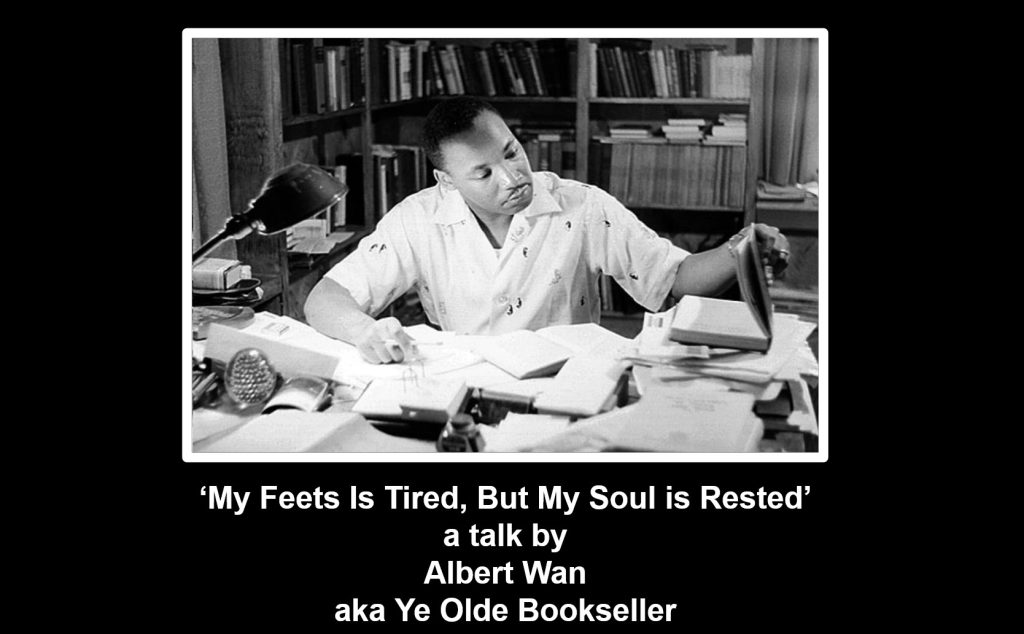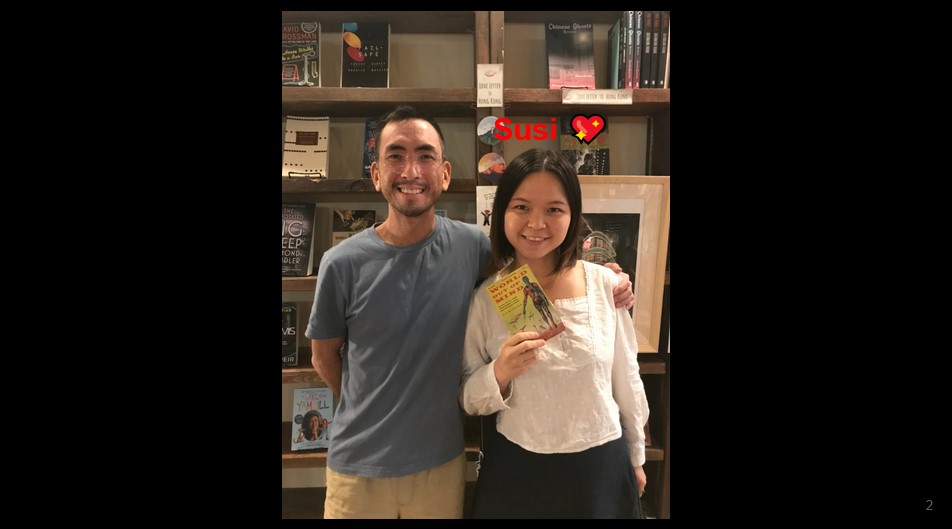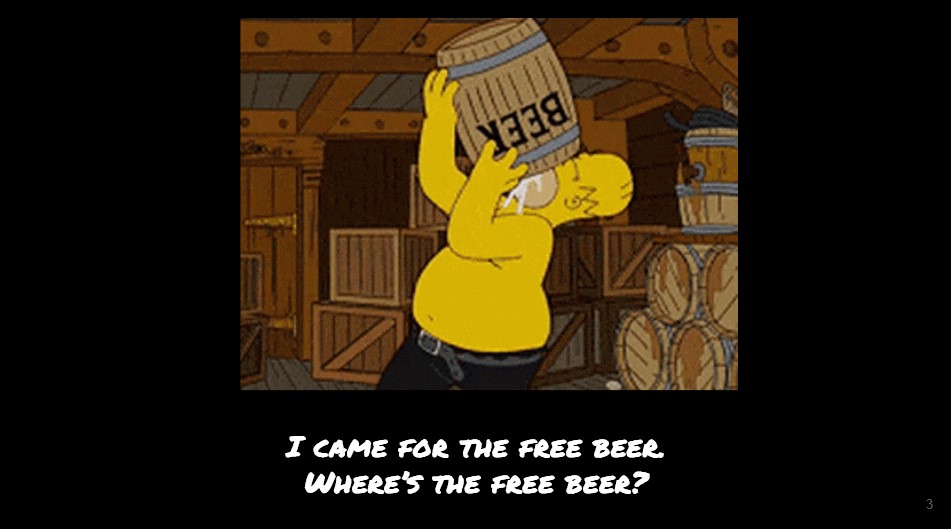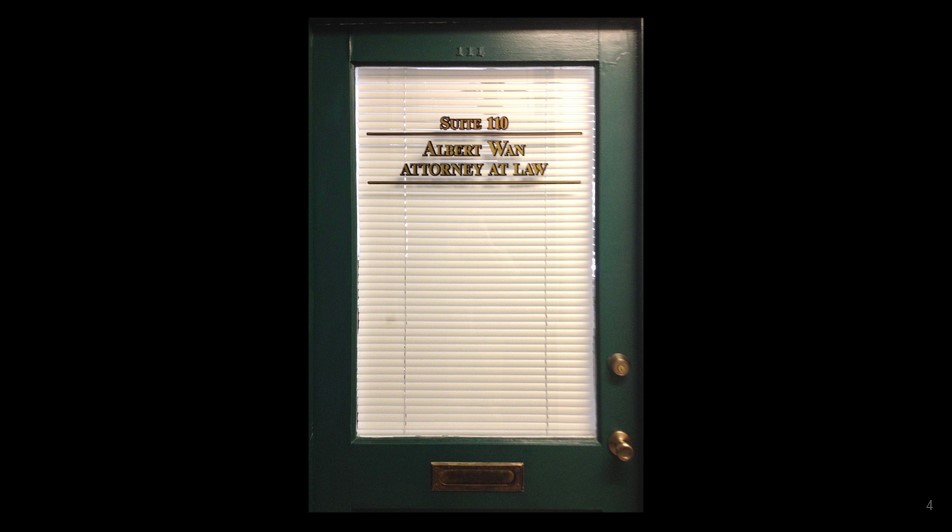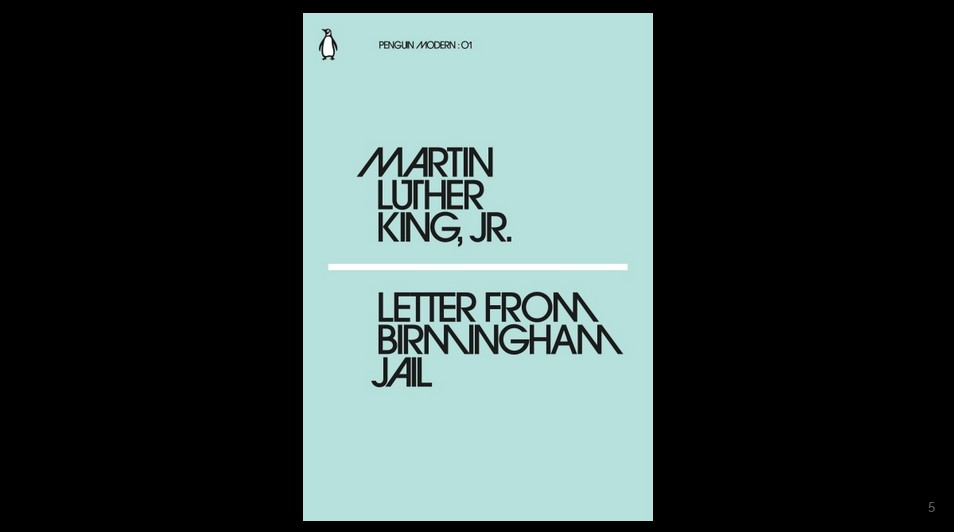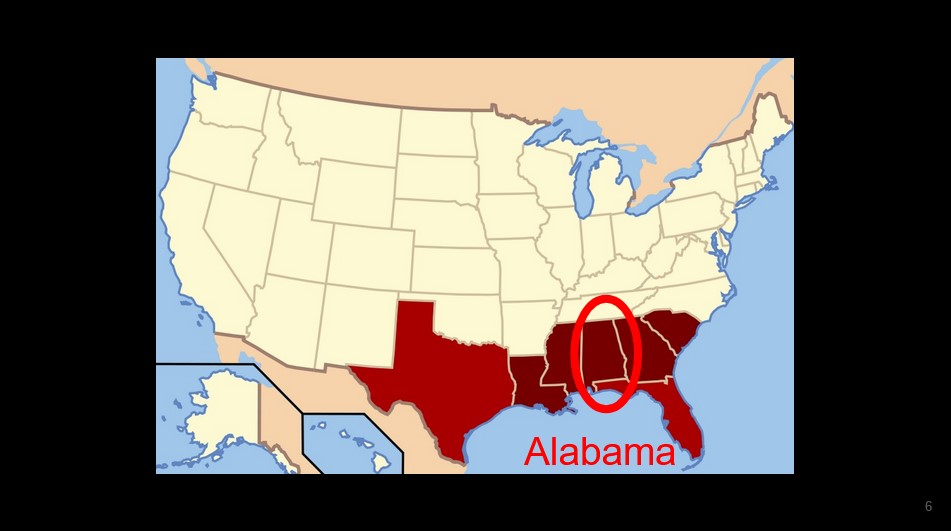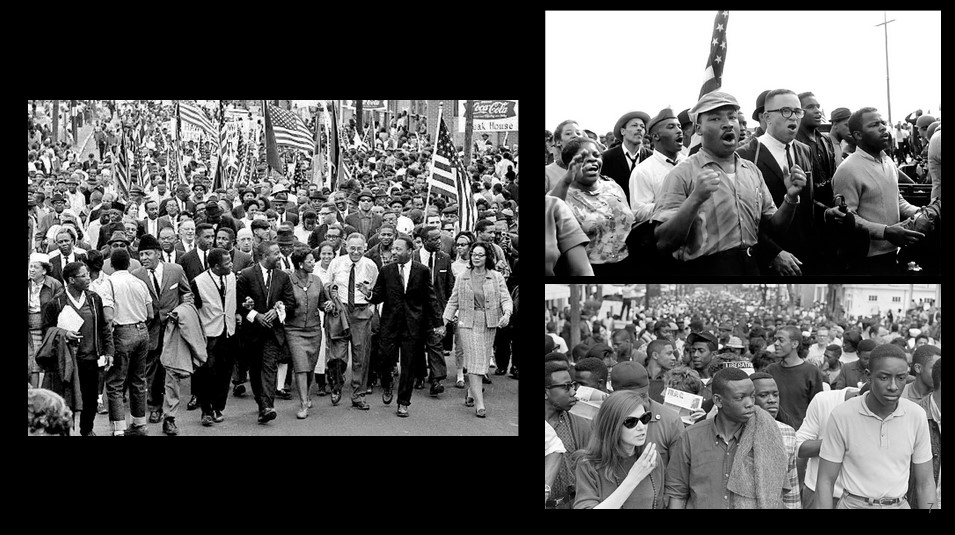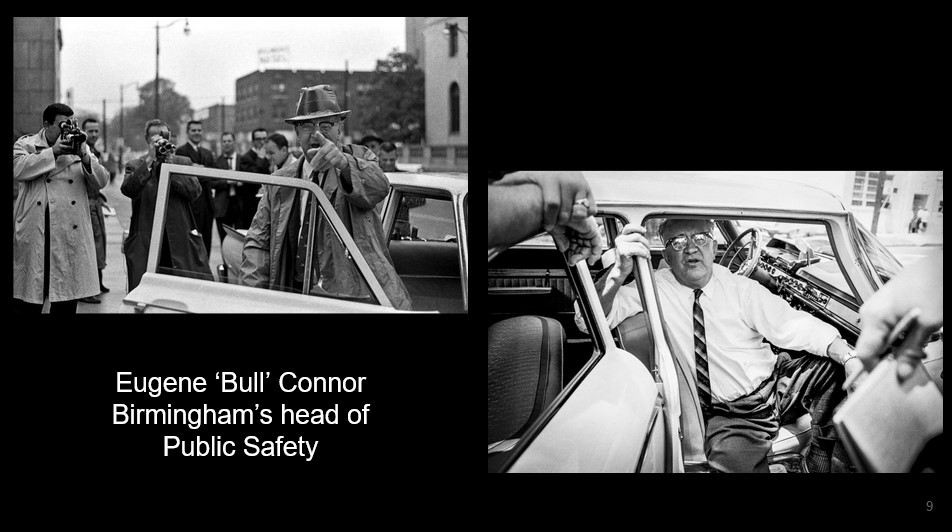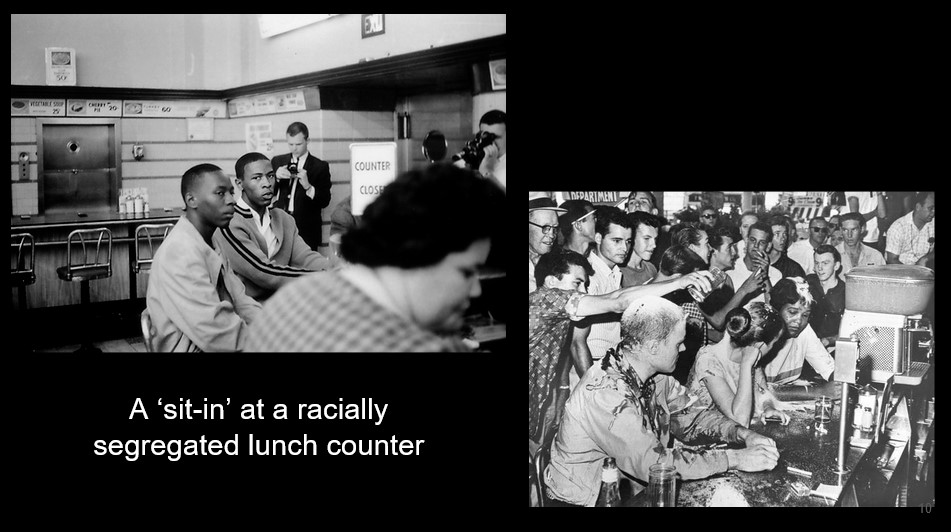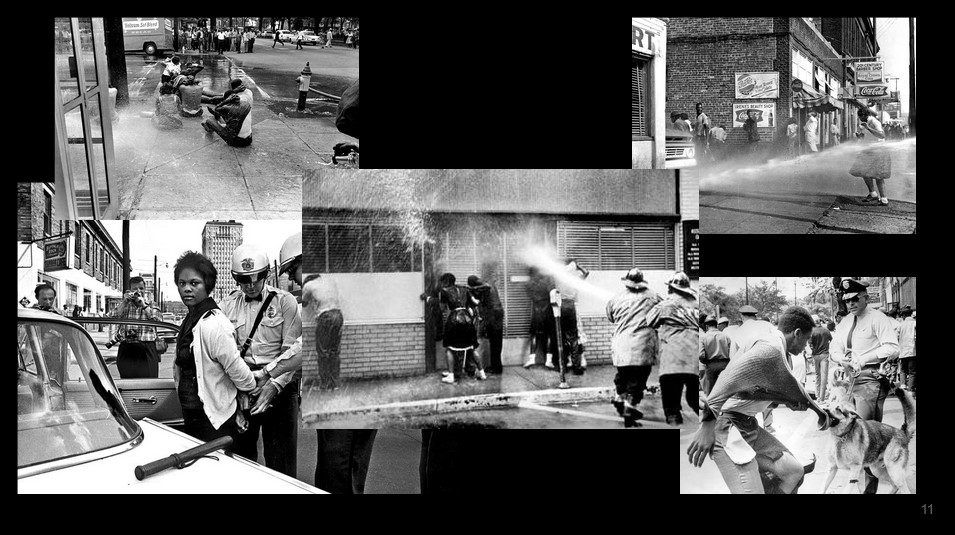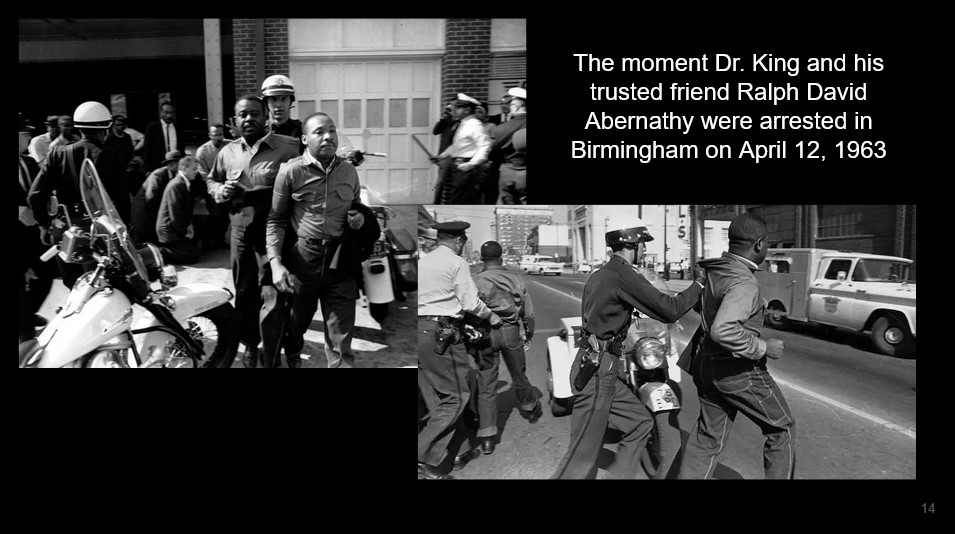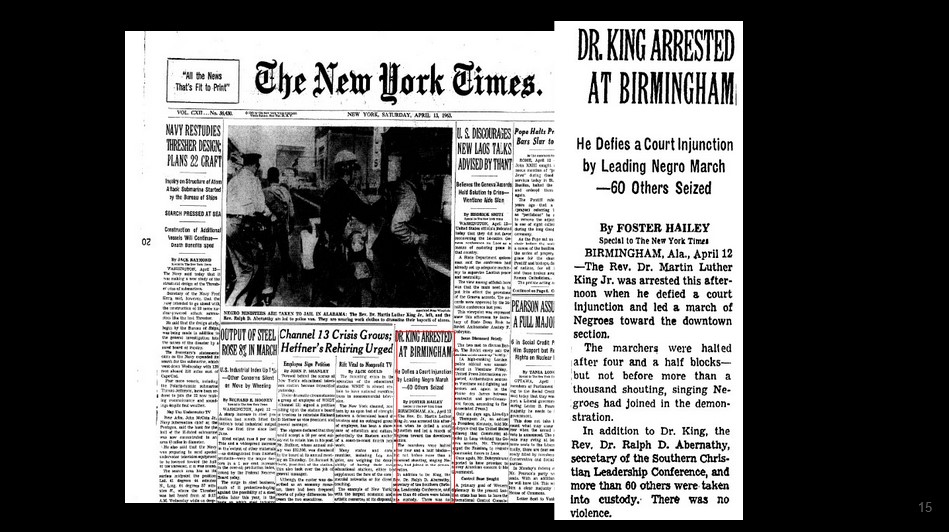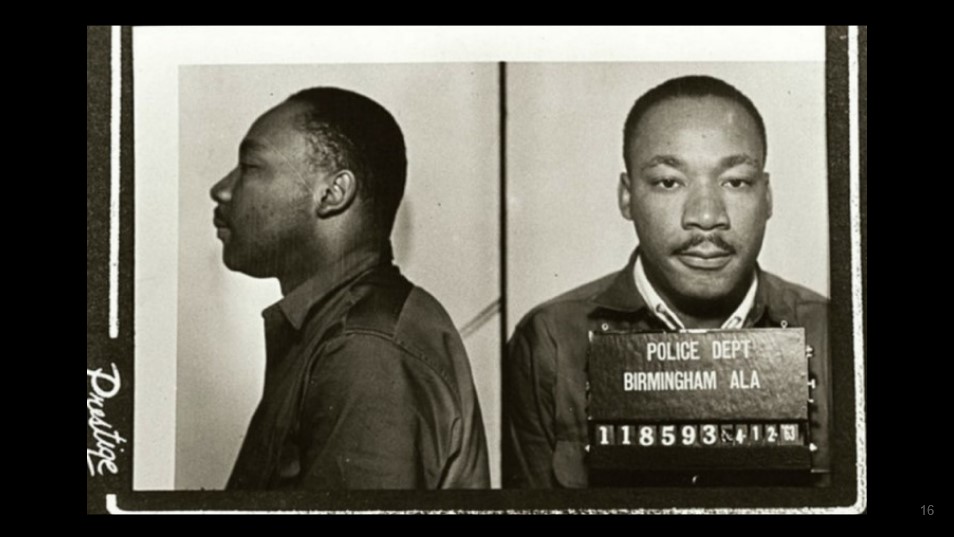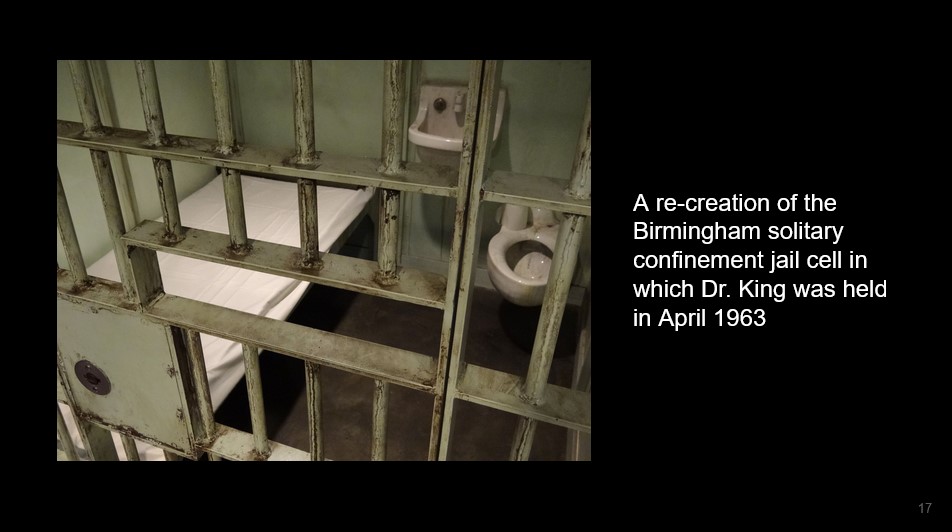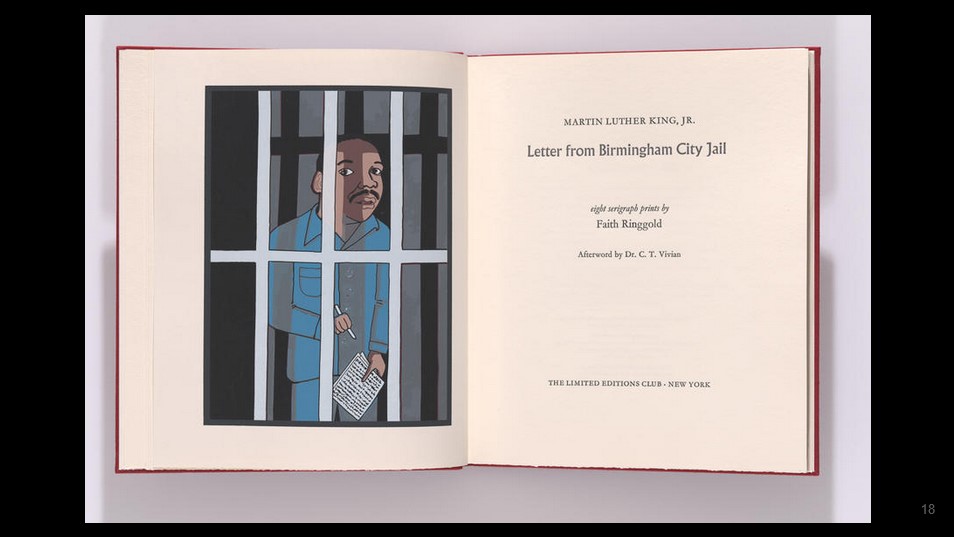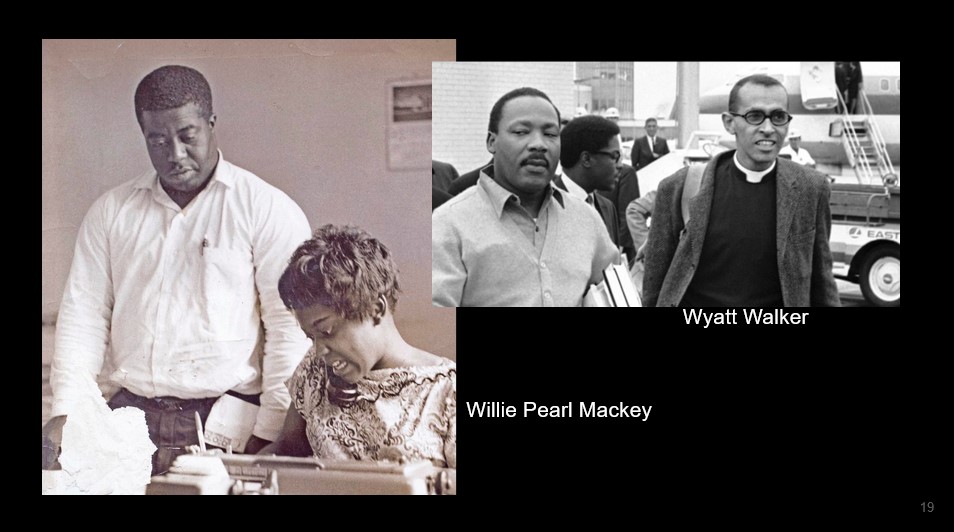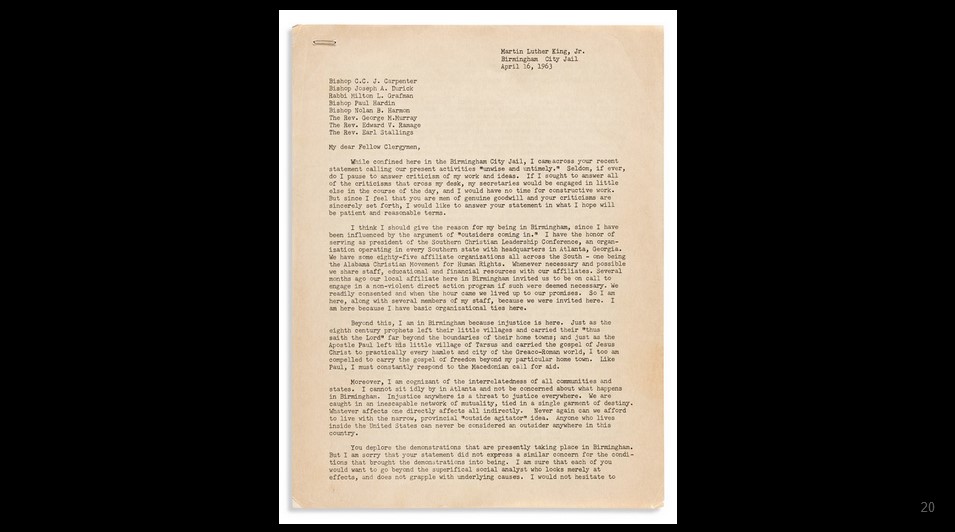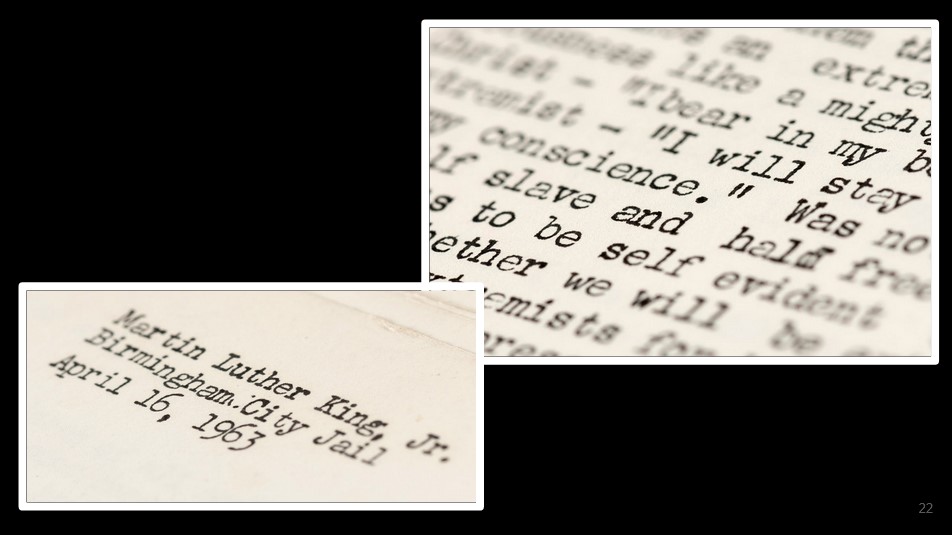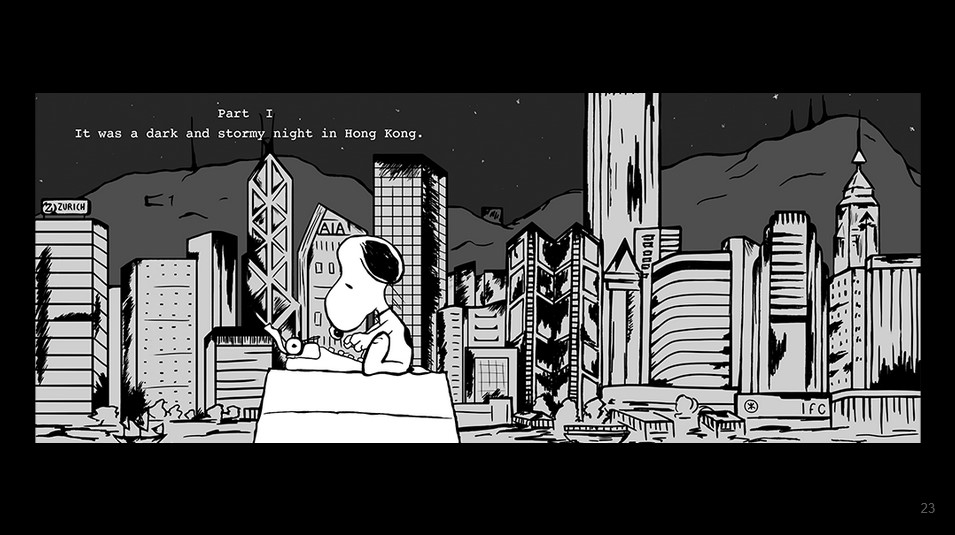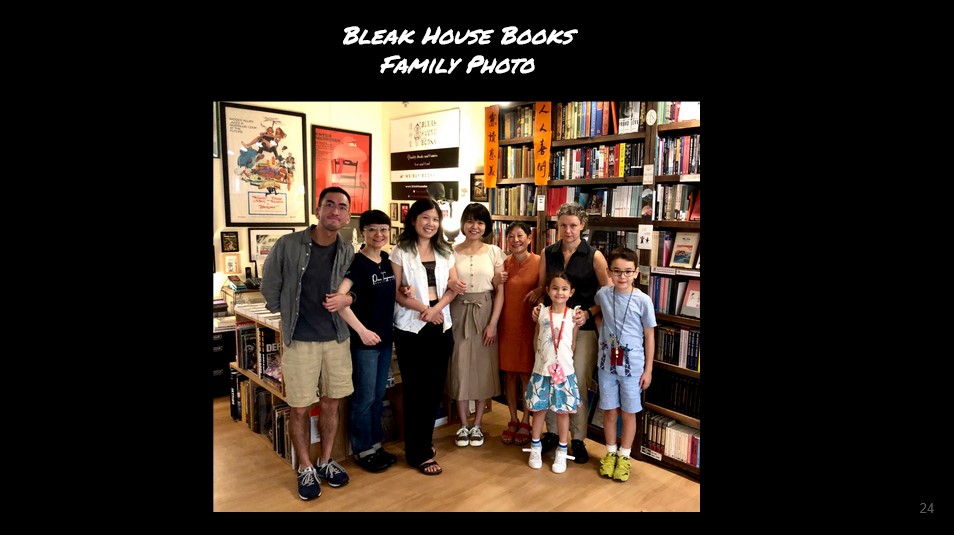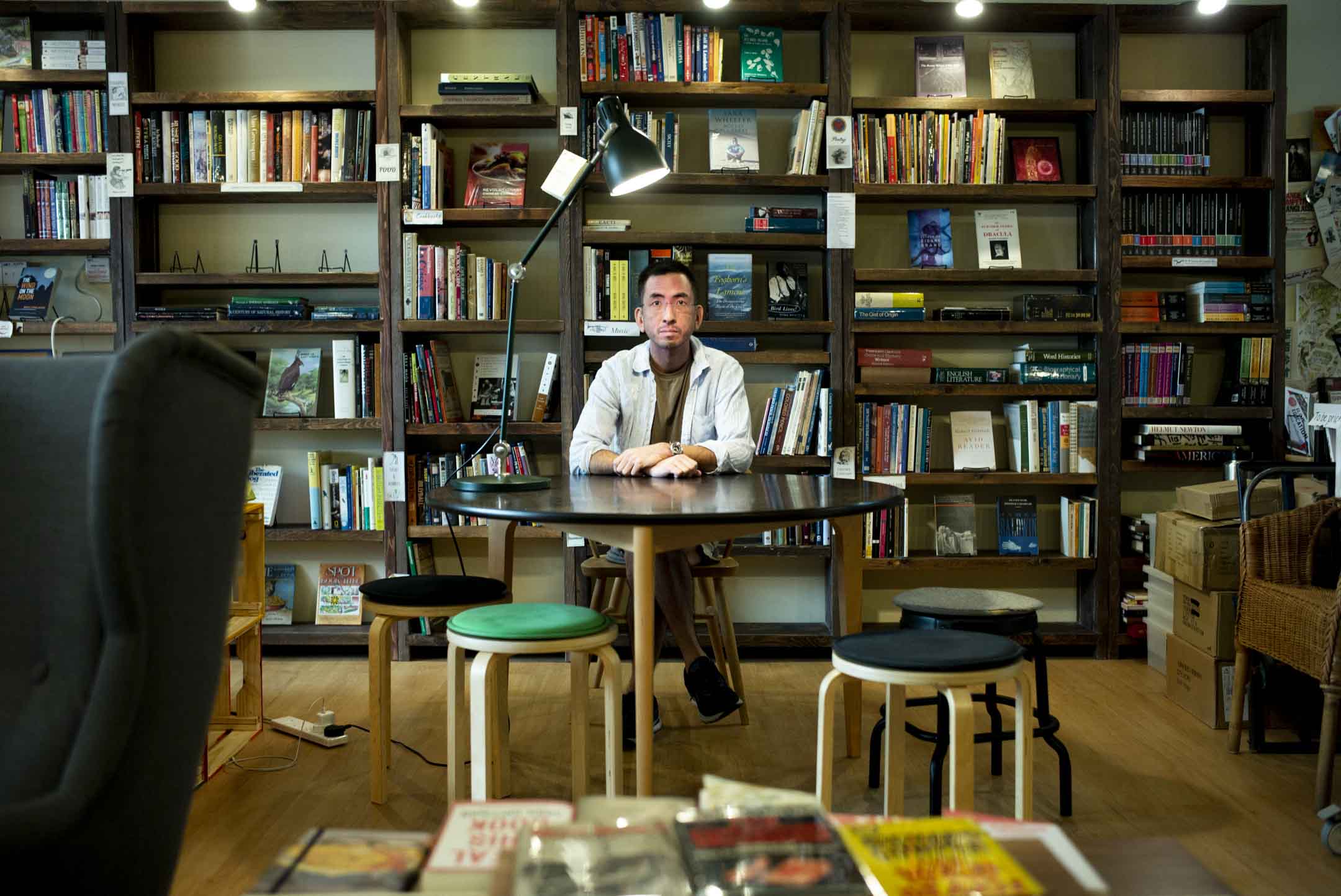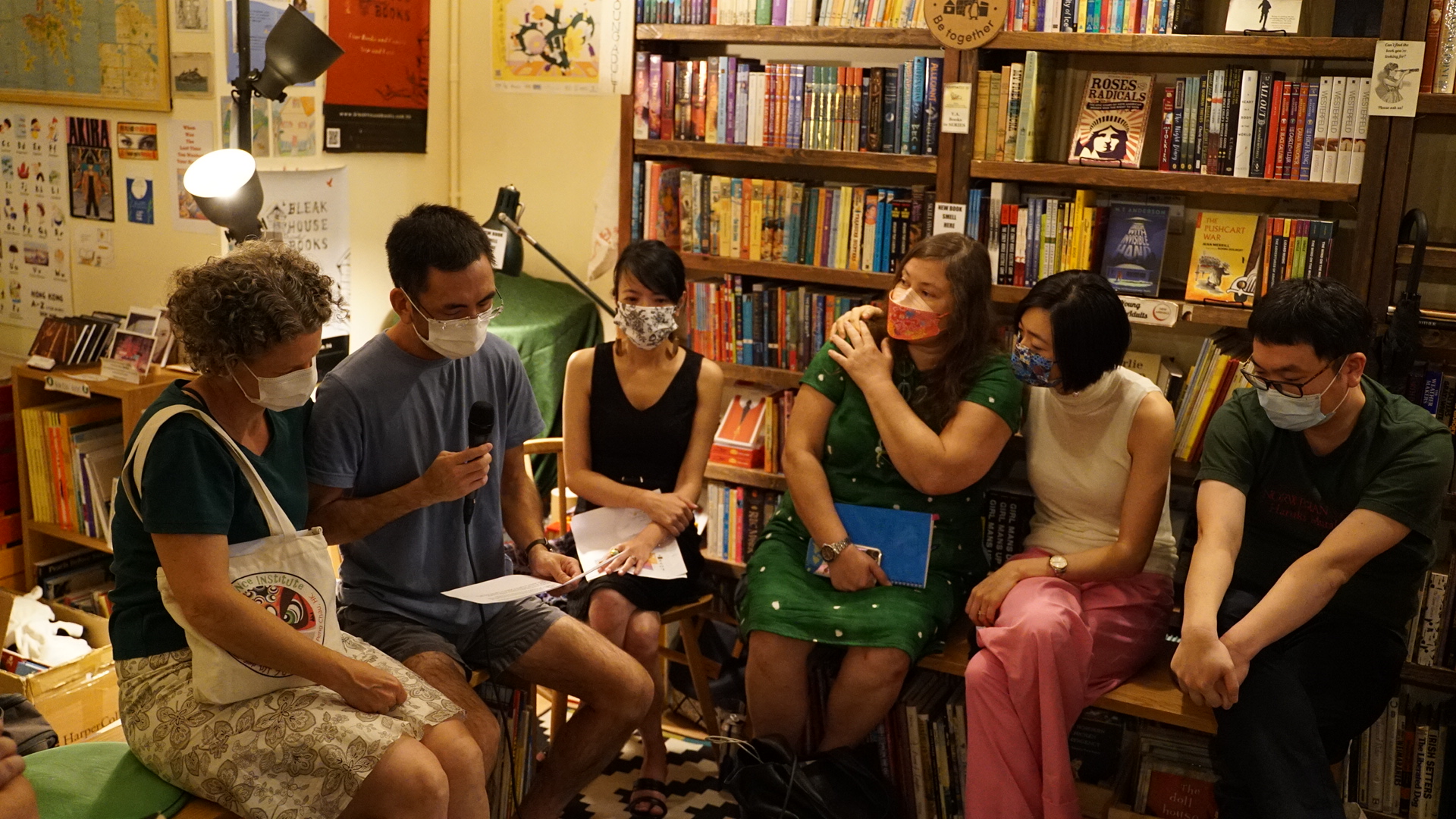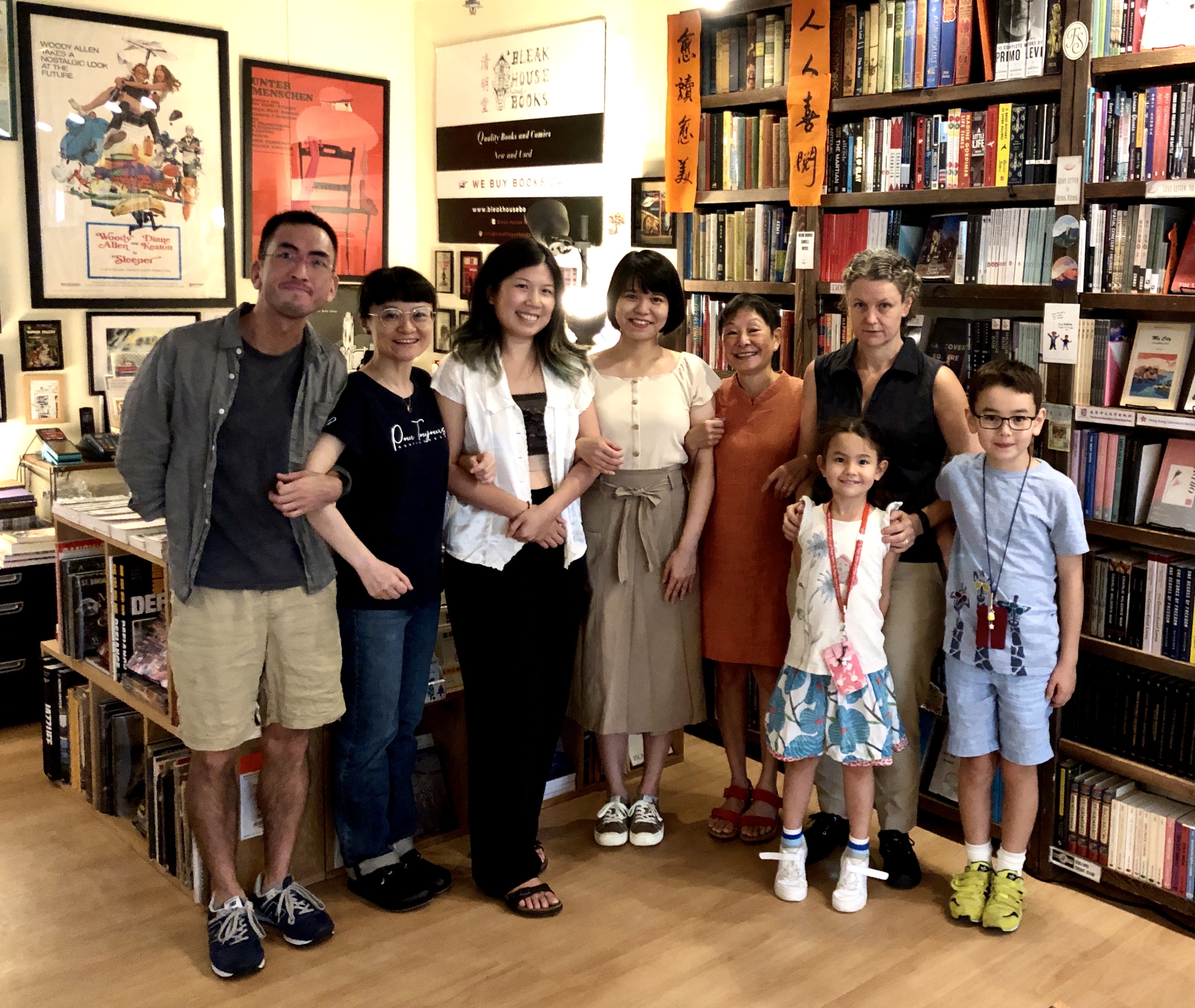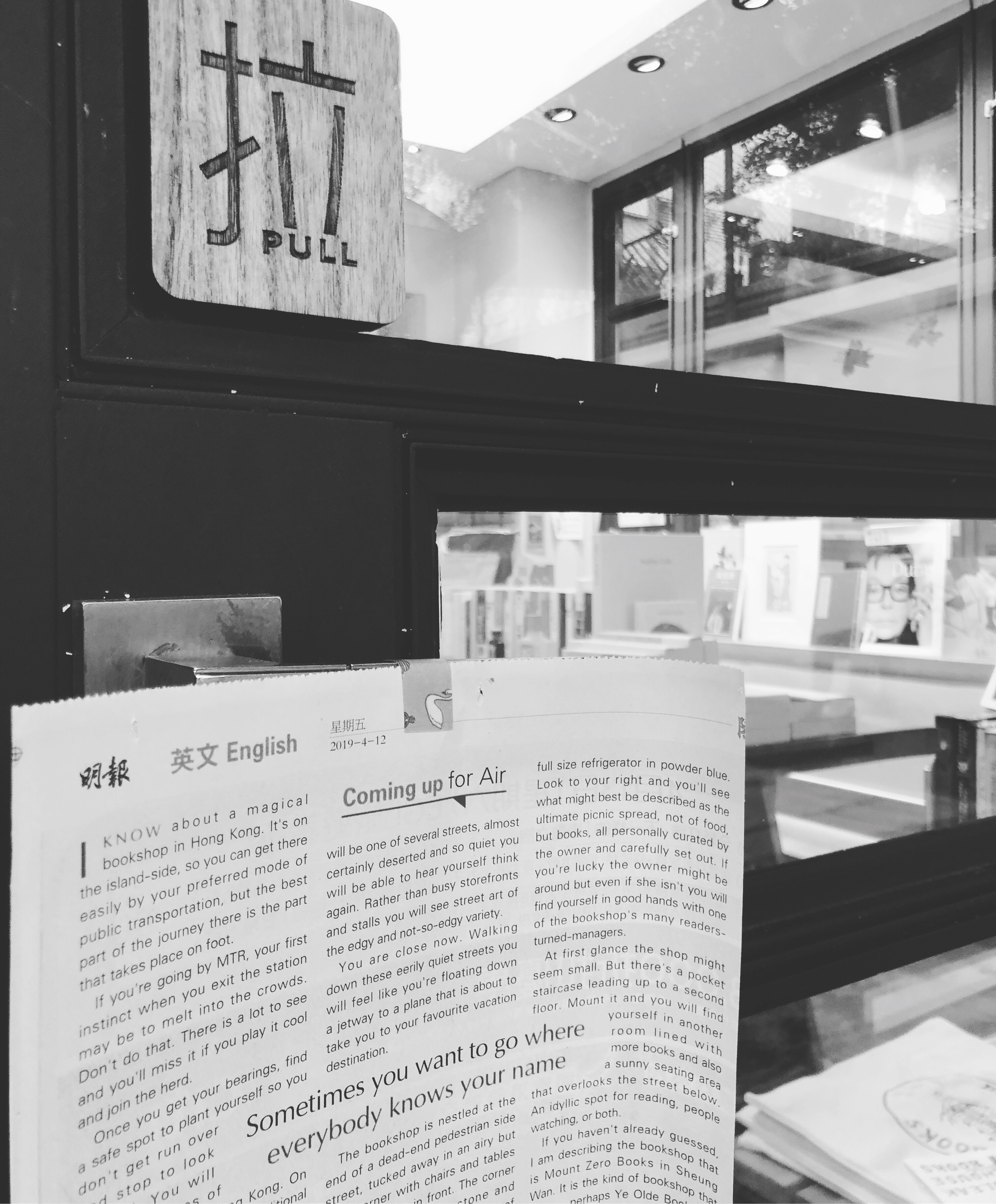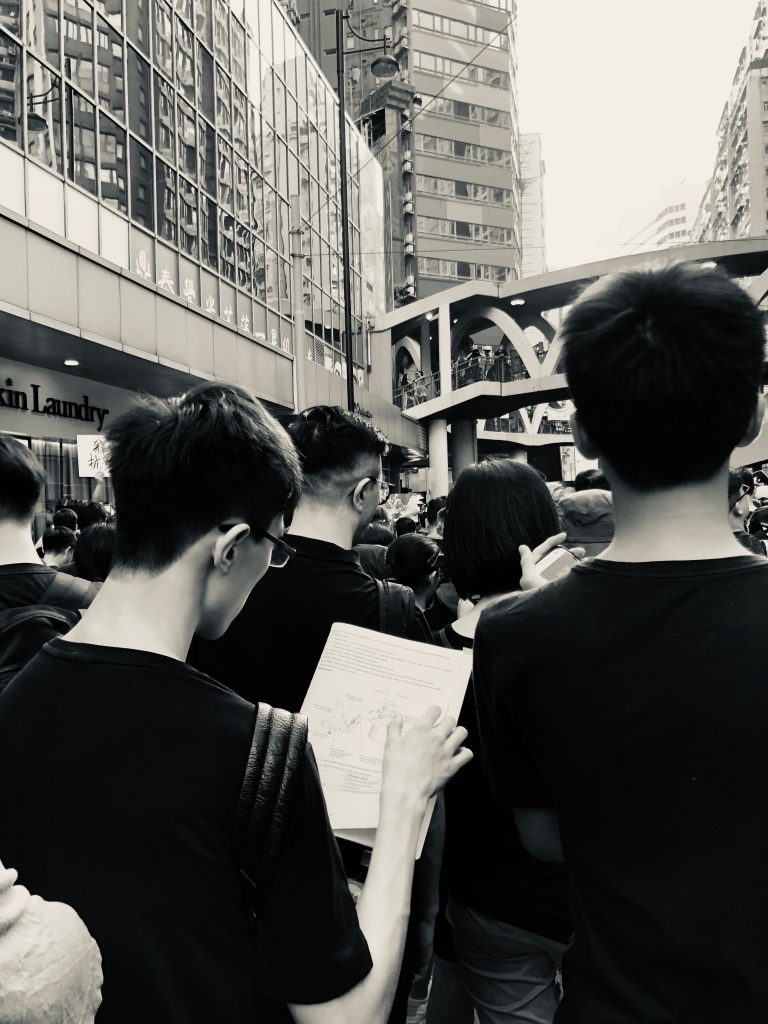Following tearful embraces and goodbyes, Albert ushers everyone from the bookstore at 7:45 p.m., closes the door and hangs a sign on it that reads, “Hong Kong is my home.”
by Lok-Kei SUM 沈諾基*; translated from the Chinese by Mary King BRADLEY**; cover photo by Chun-Tung LAM 林振東/ reprinted with the permission of Initium Media 端傳媒 (25 October 2021 | Hong Kong)
Every three months, Reena receives three or four books selected for her by bookshop owner Albert Wan. She belongs to the Bleak House Books subscription readers’ club. Last Christmas, Reena’s boss gave one-year memberships to five employees, including Reena.
She happened to be in the office when the first package arrived several days later, delivering what felt like all the excitement of another Christmas. “Everyone had a box, individualized [for him or her. You could see that] a lot of thought went into it,” she says.
Like the name Bleak House Books, the name for the store’s mail-order subscription service, Pickwick Club, was inspired by the works of English author Charles Dickens.
Pickwick Club offered just three genres: mystery and suspense, general fiction, and young adult. But Reena, who works in writing and publishing, is especially fond of fiction for 8- to 12-year-olds, and so she emailed Bleak House Books to request that type of book. “I’m not very good at following the rules, so I changed them,” says Reena with a laugh.
Reena received one book from Bleak House Books, The Wild Robot, that particularly appealed to her. In this highly imaginative fantasy, a robot is shipwrecked on a remote island and becomes the adoptive mother of a goose.
Reena is full of praise for the subscription boxes from Bleak House Books, which have always contained at least one book that hit the bullseye and often included unknown titles by authors she hadn’t heard of. Even if she had gone to the bookstore herself, she says, she might not have been as equally successful at finding so many books that she enjoys.
It was almost a year before Reena first set foot in the San Po Kong bookstore, her reason for doing so its imminent closure. Albert’s decision to return to the United States with his family after the abrupt changes in Hong Kong’s political environment had left him no choice: he would have to close Hong Kong’s only remaining independent English bookstore.
“I wanted to ask them, what’s your secret? How do you know which books I want to read? Can you teach me to do the same thing for myself?” says Reena. She is losing not only books she would never otherwise encounter, but a bookseller who understands her.
Four Chances to Get It Right
Albert says that if only one person experienced a new book or author through Pickwick Club, he considers it a success. “Please keep reading, my friends,” he tells them.
Albert’s parents are Hongkongers, but he was born in the United States after they emigrated there in the 1970s. Originally a literature major, he transferred to the business college of another university, where he switched to studying finance. He realized the financial industry didn’t suit him only after he began working in the field, and it was then that he began his law studies. Afterwards, he became a defense lawyer, living, working, and adding to his family in cities such as New York and Atlanta.
When his wife, Jenny, found a teaching position in Hong Kong in 2017, Albert brought their two children to the city and started Bleak House Books as an online bookstore. After months of lugging books to markets of all sizes, Albert and his wife decided they had enough capital saved to open a brick-and-mortar store. It didn’t take long for them to find a unit on the 27th floor of an industrial building in San Po Kong.
Albert says that from the moment he saw the place, he liked both its looks and its light, and that he immediately decided to rent it—that was in October 2018. “San Po Kong … seems spacious, compared to many other places in Hong Kong,” he comments.
In good weather, summer sunlight does indeed penetrate the somewhat dirty air of this industrial neighborhood to seep into Bleak House Books, where the new and used books arranged on more than twenty bookcases exude a soothing smell. A piece of Chinese calligraphy that translates as “fine prospects” is tacked up in a corner of the window. All of these details form a magical moment in which reality and a world of books are inseparable.
It was a deliberate choice not to let the book shop become a “hoarder’s paradise,” says Albert. He hoped that readers who came to browse could sit in comfort for a while, without having to worry that a tower of books might topple onto their heads at any moment. A reading corner inside the store, designed especially for kids, features a rug and bean bag chairs.
When Reena is mentioned, store owner Albert laughs and refers to her as a “tough customer,” one who not only demands the unusual, but who also sends a message to tell him when the store has sent her books she doesn’t like. He says that there’s no real trick to selecting books for other people. It just requires a bit of time and taking note of how the other person reacts. “I figure, you have four chances to get it right, so … [laughs] if you fuck it up the first two times, you know, you’ll hear from them and you can tweak it,” he says.
Before Bleak House Books closed, Pickwick Club had approximately 20 members, which means Albert selected several hundred books for them over the course of a year. Busy at work, he had time to read only one book each month, so he saw making the selections as an opportunity to engage with new books and authors. This month he will send out this year’s fourth—and final—installment of Pickwick Club books ahead of schedule.
Tucked into the boxes is Albert’s farewell message to readers, thanking them for their faith in Bleak House Books and love of reading. In his message, he says that if only one person experienced a new book or author through Pickwick Club, he considers it a success. “Please keep reading, my friends,” he tells them.
Albert says the saddest part of leaving is that he can no longer maintain the same sincere, close relationship with his readers. For Albert, his wife, and kids, the book store is an extension of their family. It’s not uncommon to see his kids at the store, and his wife Jenny, an associate professor of humanities, also visits the store from time to time. With the addition of employees and regular customers, they are all one big family.
“I can’t say our relationship is being severed, but it is going to be more attenuated.”
Running a Bookstore Is Asking for Trouble…
“Even though we were just a stupid bookstore, [I wanted] people to come into this space and have them feel safe and at peace.”
An independent Hong Kong bookstore closing is nothing new, although Bleak House Books is a rare example of one that is closing for reasons other than financial problems. On August 29, Bleak House Books posted “The Last Memo” on social media, announcing it was about to close. “Given the state of politics in Hong Kong, Jenny and I can no longer see a life for ourselves and our children in this city,” wrote Albert.
Later, he adds that the family’s main struggle in regard to leaving Hong Kong has been choosing when, not “if.” Just as Jenny has responsibilities to her university community, Albert must ensure that the bookstore’s staff has enough time to deal with Bleak House Books closing. “It’s not any one thing, it’s everything, really, and most of it has to do with politics,” he says.
Albert acknowledges that the United States, where they will shortly return, also has serious problems. “But at the end of the day, despite all the limitations and false fronts, there’s a type of freedom there that doesn’t exist in Hong Kong anymore.”
Although nothing the family does on a daily basis has any direct relation to politics, in “The Last Memo” Albert writes: “As George Orwell once remarked, ‘In our age there is no such thing as “keeping out of politics.” All issues are political issues.’” The bookstore hasn’t stopped doing business as a result of this, however. In its final days, box after box of new books has been delivered.
Asked if anyone had offered to take over the bookstore, Albert says, “Who the fuck wants to run a bookshop now? I mean, you’re just asking for trouble, right?” He simply hopes that one day he can hang up the Bleak House Books sign again in the United States.
Even so, he says that running Bleak House Books has been the perfect combination of physical and mental labor. From pulling a cart piled high with packages to the post office in summertime heat, to sitting at his desk and pondering how to market a book, it has all given this bookseller immeasurable satisfaction.
“I don’t regret anything, I would think that this was probably the best thing to have happened to me,” Albert says. “The bookshop has kept me going. During the toughest times during the past few years, it has given me hope.”
Bleak House Books was a clear supporter of the 2019 anti-extradition movement, stocking numerous titles on democratic movements and human rights during that period. “It felt like we had an important job to do, even though we are just a stupid bookshop, to have this space for people to come to and feel like they’re safe and at peace,” Albert says. “You felt like everything mattered a little more, even if it didn’t matter in the end, you just felt like you had to do something.”
Later, during the pandemic, Albert closed the bookstore twice. Fortunately, the mail order sales established online in the bookstore’s early days picked up at the same time, which kept Bleak House Books going. Albert describes Bleak House Books as a financially healthy and happy bookstore right up to the end. “I never thought it would be politics that would drive us to leave [Hong Kong],” says Albert. “The bookshop is more a casualty of our decision [to go].”
Sending a Book “Inside”
“This isn’t just about a book. The truth is that no one in Hong Kong is immune to what’s going on here.” Even if no one you know has gone to prison, those who have aren’t so far removed from us.
Two weeks after Bleak House Books announced it was closing, the store received a letter from a Hong Kong prison. This was when Albert first learned that a book from his personal collection, given to a reader, had made its way into the hands of Jane, serving a prison sentence for a case related to the anti-extradition movement.
That reader was Jane’s former tutor; the book, the tutor’s favorite novel, Beloved by Toni Morrison. He had given Albert’s old copy to Jane after her arrest. But because the pages contained Albert’s handwritten notes, Jane couldn’t take the book into the prison with her, to keep her company during her three-year sentence.
“I was very sad knowing that I won’t be able to visit Bleak House Books even after I got out in 2024. I wonder what Hong Kong will become after three years, better or worse,” Jane wrote in her letter. “Maybe one day, I will be able to walk into your bookshop again, in somewhere else, in another time.”
This is how a book connects Albert, who once took a college literature course in the United States, with a Hong Kong girl he has never met, who was imprisoned for a 2019 social movement. The same paperback novel touched several lives before returning to Bleak House Books as a letter.
After sharing the story, Albert repeats again and again that this is “very sad.” “It’s not just about a book. The truth is that no one in Hong Kong is immune to what’s going on here.” Even if no one you personally know has gone to prison, those who have aren’t so far removed from us.
Albert never thought he would receive a letter like this after he became a bookseller: “I used to get letters from people in jail because I was a lawyer, they needed my help.” Albert says what he could do was to write back to Jane and arrange to send her a clean copy of Beloved that would pass the prison inspection.
Recalling his days as a defense lawyer, Albert says the job taught him the power of stories and the written word. He discovered that telling a persuasive story during a trial had the power more or less to shape a person’s future. But over time, he also came to see that the American legal system was dictated by money and had an undemocratic aspect.
Albert chose to give his bookstore the same name as the book by Dickens because what the author says about the law in Bleak House agrees in many respects with Albert’s experiences. “The legal system has issues in general that make it a less than ideal vehicle for social change,” he says, and gives the example of abortion rights. U.S. law has already weighed in, but that hasn’t ended the longstanding “culture war” or attempts to restrict women’s access to abortion in many states.
“There are lots of ways to instigate social revolution. This bookshop is one of them … it’s a small store, but what we do changes this community,” says Albert.
A Safe Space Away from a Pandemic and Politics
Both women think it’s very difficult to find a good English bookstore in Hong Kong. For a city that has branded itself as a “World City,” this is truly incredible.
During Bleak House Book’s final days, many people heard the news that it was closing and came to the store for the first time. An 82-year-old retired engineer, for example, made a special trip in search of a book about Marx. Unfortunately, he was unable to find one. There were also customers like Mrs. Hui, who first discovered that Hong Kong had a book store like Bleak House Books when she read in the newspaper that it was about to close. Several people chose not to buy books, and instead left the store with old maps of Hong Kong and post cards.
“Latecomers” included the Indian ladies Schoanna and Vedika. As kids they would frequently spend an entire afternoon together at an English bookstore, sitting on the floor to read. “So it feels really odd that we have to rack our brains to find an English bookstore, we’re really at a loss,” says Vedika. The pair finally found Bleak House Books through a friend’s recommendation.
The large English-language bookstore chains in Hong Kong, such as Page One, have closed down one by one, leaving only the bookstores and book fairs focused primarily on Chinese books for the mainstream market. These places don’t suit Schoanna and Vedika’s needs. Schoanna, however, has always refused to buy books online or switch to e-books. “I need to see it and smell it,” she said. Only when she has it in her hands can she feel if a book is right for her.
Now, every time Schoanna returns to India or travels outside the city, she brings back a pile of English books. Vedika agrees that buying books online is more of a “procedure” and that it’s easy to be swayed by reviews. Hong Kong’s brick-and-mortar bookstores carry only the more popular English books, however, with no shelf space for new or smaller authors. Both women think it’s very difficult to find a good English bookstore in Hong Kong. For a city that has branded itself as a World City, this is truly incredible.
There are also regular customers like Major, who stop by the store every few weeks. Major, who lives in the area, describes Albert as “quite the character” and admires the storeowner’s attention to current affairs and his outspoken style on social media. “Nowadays there aren’t as many opportunities to disengage and browse through such a sea of books.”
In the past, Major has scavenged for treasure in the boxes labeled “Name Your Own Price,” unearthing masterpieces like Fahrenheit 451 and Catcher in the Rye. For him, Bleak House Books is a safe space where the pandemic and politics can’t find him for a while.
A Common Devotion
“If you’re looking for inspiration and hope for a brighter future though I have just the thing for you.”
After several weekends of the store having been crowded to capacity, the last night for Bleak House Books finally arrived on October 15th. Readers had “looted” the store over the past several days, leaving gaping holes in the store’s twenty-plus bookcases taller than a person. Second-hand paperback books usually kept in crates were moved to the shelves to fill in the gaps. “If I’d known it was going to be like this, I wouldn’t have said we’d donate whatever books were left. All the books are gone,” Albert says afterwards.
The roughly 900-square-foot space was packed with readers. Some obviously didn’t find what they had in mind, but still took a book to the counter to make one last purchase. Albert’s entire family and four shop assistants were all there. They had booked a table at a nearby restaurant, to share a meal with friends after Albert wrapped up the store closing.
Although the bookstore would no longer be in business at Halloween, the store still managed to sneak in this annual tradition. On the last day, its interior was decorated with skeletons, pumpkins, and bats. Custom candy boxes inscribed with “Bleak House Books” sat next to the counter.
When the hour set for the doors to close came at last, several dozen people remained, quietly watching the store’s owner and employees, unwilling to leave. Albert told them he had nothing else to say, and asked with a wry smile, “Why are you still here? Go home.”
No one said anything, but their answer was loud and clear.
Following a round of tearful embraces and goodbyes, Albert ushered everyone from the bookstore at 7:45, closed the door and hung a sign on it that read, “Hong Kong is my home.”
Albert and the others sat down to eat at last, an hour late.
During the interview, Albert mentions several times that he loves to write. He personally managed all of the Bleak House Books social media posts, which often took the form of diary entries about the day-to-day running of the store, or which reflected his thoughts on recent events.
If you want to find the roots of Bleak House Books, however, you might have to dig a little deeper.
On November 8, 2016, Albert posted a final article to his personal blog Invisible Man. He wrote that he would be moving abroad and closing down his law practice, and would therefore no longer be updating his blog about criminal defense and civil rights.
On the day of the U.S. presidential election, before any of the results had been released, he wrote, “If there’s one thing I’ve learned writing for this blog over the past seven years it’s that change—in perspectives, in policies, and in humanity—comes slowly if at all. Worse yet not all of that change is of the positive sort.”
It’s possible that after Albert wrote that post, he, like many others, experienced profound heartbreak over the final election results, then soon to come. But before any of that happened, he offered this piece of advice to the reader of his blog:
If you’re looking for inspiration and hope for a brighter future though I have just the thing for you. It’s the text of a speech given [at Central Park in 1944] by one of the greatest jurists to have graced the bench of the federal courts. His name is Learned Hand, and this is [how Judge Hand began his] speech, entitled ‘The Spirit of Liberty’:
‘We have gathered here to affirm a faith, a faith in a common purpose, a common conviction, a common devotion.’
It’s possible that even now, another idea is starting to take shape in Albert’s mind: an idea that involves another bookstore. A bookstore that is independent, with an edge, and awash in a good, soothing light.
***
* Sum Lok-kei is an independent journalist in Hong Kong. He is interested in politics and culture, particularly where they intersect.
** Mary King Bradley is a freelance editor and translator. Her recent translations include essays for the Hong Kong bilingual anthology Writing in Difficult Times and a series of diary essays by Law Lok-man in the Mekong Review. A personal essay is forthcoming in an English anthology, Making Space: A Collection of Writing and Art. She lives in Hong Kong.
